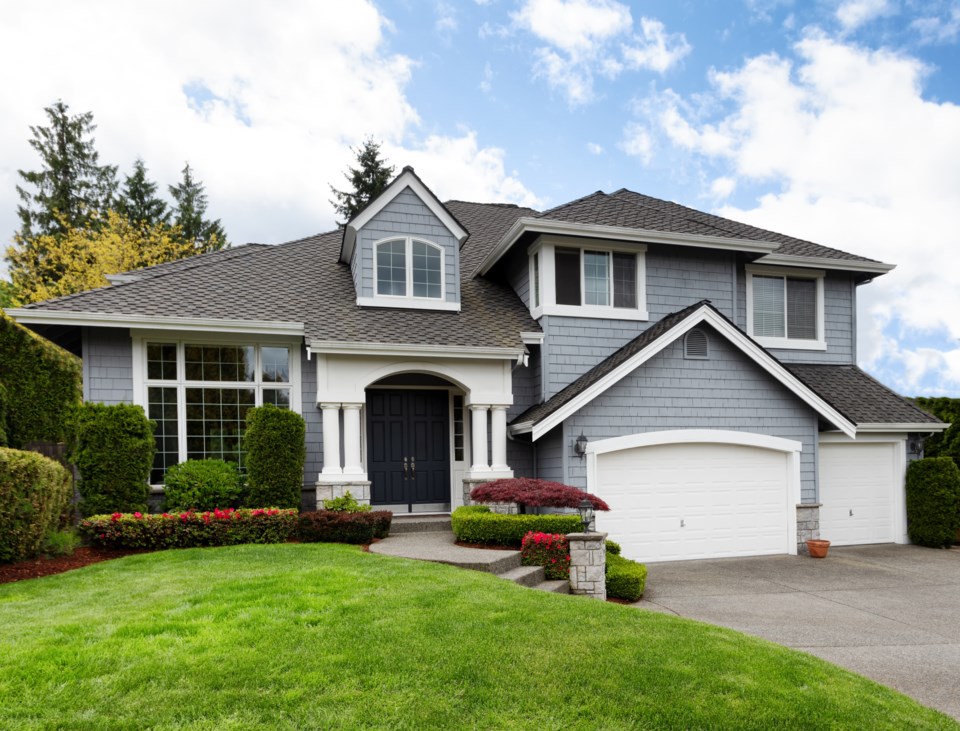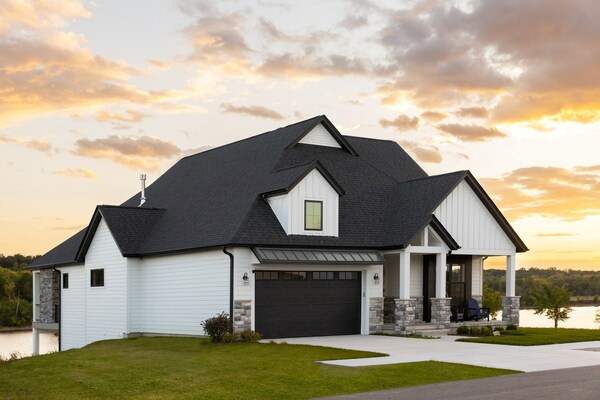As more Canadian homeowners embark on the journey of home renovation, new and exciting trends are emerging.
According to the recently released 2023 Reno Report from HomeStars, on average, the Canadian homeowners surveyed spent $12,300 on renovations in the past 12 months. However, anticipated spending in the next year is expected to be lower, at $10,264 on average, unsurprising considering the economic environment
The annual report is based on a national survey of Canadian homeowners who have renovated in the past 12 months and also looks to the future and intentions to renovate in the next year.
"We are seeing quite a few new and emerging trends in 2023 - from weather-related emergency repairs to the future of multi-generational living," says Shir Magen, CEO of HomeStars.
"While overall spending is down from last year, due to inflation and rising interest rates, the majority of homeowners surveyed are still planning to renovate."
The report revealed that weather-related emergencies have become an undeniable reality for homeowners, with one-third (32%) of respondents having undertaken emergency repairs. In Atlantic Canada, this figure surges to 41%, emphasizing the significant influence of climate change on our renovation decisions.

Here's a look at the reports key insights:
Design Preferences: "Modern Farmhouse" emerges as the favoured home aesthetic, followed closely by Ranch/Bungalow style homes. These design choices reflect our evolving tastes and a penchant for timeless elegance.
Dream Locations: Canadian homeowners overwhelmingly favour waterfront settings when considering dream geographical locations. Lakeside living claims the top spot at 30%, closely followed by ocean-side living at 23%, underscoring our enduring connection to nature.
Sustainability at the Forefront: Sustainability is a central consideration for homeowners, with 79% emphasizing its importance when selecting building materials for renovations. Notably, only 59% of those who renovated in the past year employed green products, highlighting an aspiration yet to be fully realized.
Generational Values: A generational divide surfaces as respondents over 60 years old exhibit a significantly stronger inclination (41%) to prioritize sustainability in their material choices, compared to the 23-39 age group (26%).
Changing Property Preferences: The allure of fixer-upper properties seems to be fading, with only 28% of homeowners purchasing such homes in the past year, compared to 44% in 2022. This shift indicates a preference for newer or previously renovated homes, mirroring evolving lifestyles.
Income Properties on the Rise: Nationally, 16% of respondents own income properties, with British Columbia homeowners leading the way at 21%, signifying a growing trend in income property ownership.
Financial Preparedness: A heartening statistic reveals that 79% of Canadian homeowners surveyed had the financial resources to pay for their renovations. Alberta leads the pack, with 85% of homeowners possessing the means, surpassing the national average.
Interest Rate Impact: In the face of rising interest rates, only one-third (34%) of homeowners plan to delay their planned renovations, demonstrating their determination to enhance their living spaces.
Future Renovation Aspirations: Looking ahead, nearly three-quarters of respondents (73%) intend to embark on at least one home renovation in the next 12 months, reaffirming the enduring passion for home improvement.
Changing Family Dynamics: In a nod to shifting family structures, 25% of respondents anticipate living in multi-generational households in the next decade, highlighting evolving living arrangements.
Neighbourly Relations: Surprisingly, only 12% of surveyed homeowners reported disputes or disagreements with neighbours over renovations. These disagreements most frequently revolved around property lines, fences, and decks, underlining the cooperative spirit that characterizes Canadian neighbourhoods.
The findings of the report revealed that these home reno transformations represent more than aesthetic changes. They are a reflection of our evolving values, our resilience in the face of challenges, and our steadfast commitment to creating spaces that align with our dreams and aspirations.




